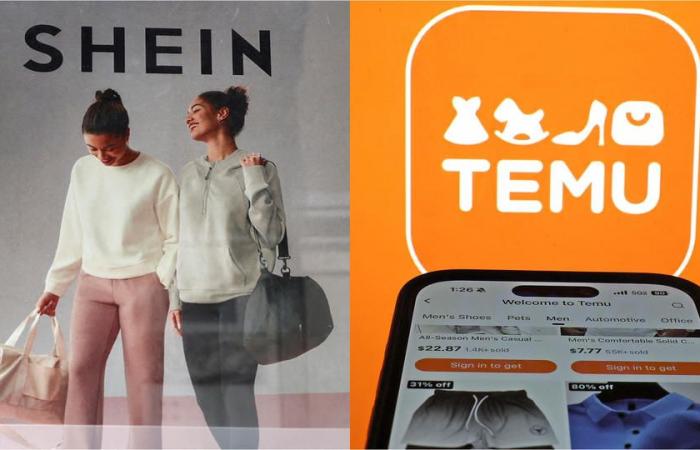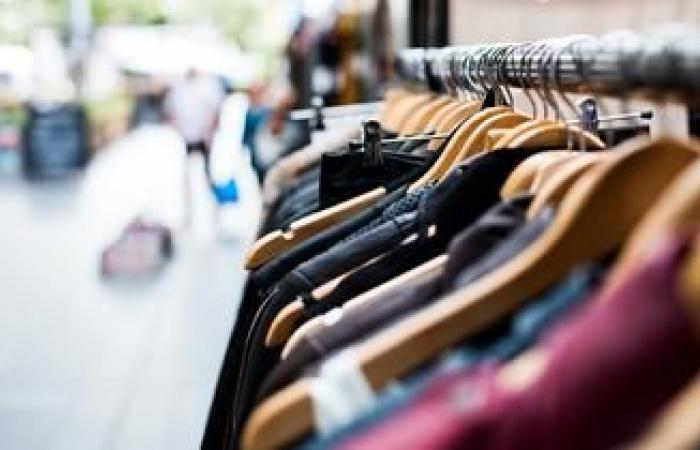Fast-fashion giants Shein and Temu have made their mark on the European market. However, these large Chinese firms have an unprecedented ecological impact.
Eighty-eight Boeing 777s are chartered every day to send their orders around the world. Shein and Temu, fast-fashion giants, are gaining more and more ground in the European clothing market. Unbeatable prices, constant renewal, almost instant delivery time, and yet, they have an unrivaled ecological impact.
The American magazine Forbes recently carried out a survey on the ecological cost of these Chinese firms. No less than 9,000 tonnes of goods are transported from Asian factories to Europe and the United States every day. The equivalent of 88 Boeing 777s are used daily by companies. This trade alone charters a third of the world’s long-distance cargo planes.
A dazzling success
A million garments are produced every day by Shein factories. References and trends are renewed daily with 7,200 new models offered. Thanks to all these advantages as well as the ridiculously low prices and the numerous offers and promotions, Shein and Temu are expanding their empire internationally.
Arriving on the French market in 2023, Temu experienced a 90% increase in revenue. During the first quarter of 2024, the result is even better with a 135% increase in revenue.
Fast-fashion giants are becoming imperial. Shein is capitalized at $66 billion and PDD Holdings, the parent company of Temu, is valued at more than $167 billion on Wall Street, Bousier.com details.
A jump in the air cargo market
Air freight has never seen such a significant boom in its history. Profits are exploding with demand from the two Chinese firms. For example, Korean Airlines saw a 20% increase in its turnover last year.
“Temu and Shein rely on air freight because their business model is fast fashion and they need to ship all the goods immediately,” Guillermo Ochovo, director of Cargo Facts Consulting, told Forbes magazine.
The main gray area in this trade right now is whether they will also have planes for the holiday season. Indeed, this is the most important period for this market, especially when we know that Shein and Temu use a third of long-haul cargo planes.
“The fact that we’re talking about this type of market so early in the year leads a lot of people to think that the peak season, the fourth quarter, is going to be tough. If we’re here today and it’s early May, imagine what it’s going to be like in September, October, November, December?” Brian Bourke, sales director at SEKO Logistics, asked Forbes.
An unprecedented ecological impact
As Forbes reports, a commercial boat emits 10 to 40 grams of CO2 per tonne per kilometer transported while a cargo plane releases on average 500 grams per T/km. Worse, 50% of flights are empty since the return journey to China contains no goods.
Shipping clothing by plane would be 14 times more polluting than transporting it by boat, reports Novethic. Aviation is the most polluting mode of transport. It represents 2.9% of total greenhouse gas emissions worldwide.
Manufacturing also has an ecological cost: 2,700 liters of water are needed to make a single t-shirt, which is the average consumption of a French person for 17 days.
Faced with the media impact and the growing portfolio of these two giants, other fast-fashion brands feel obliged to align themselves with the methods of Shein or Temu. Today, 10% of greenhouse gas emissions worldwide come from the textile industry. It is estimated to reach 26% by 2050.







